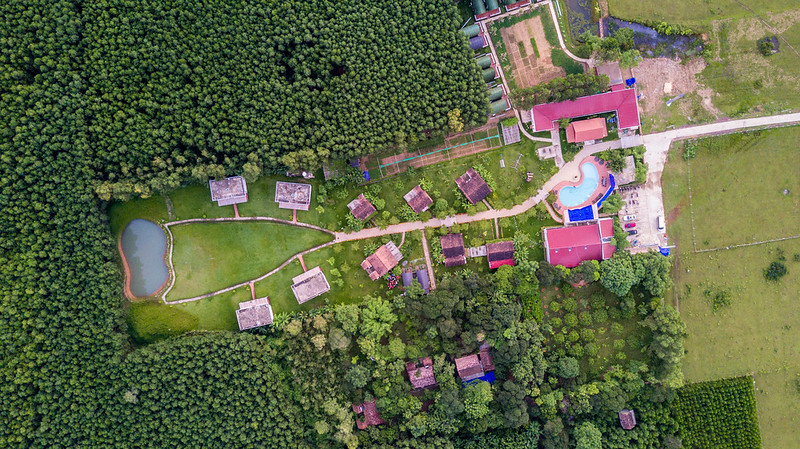Lao PDR Prime Minister Urges Development of Country’s Digital Pillars
Lao People’s Democratic Republic Prime Minister Sonexay Siphandone urged for intensive action to bolster the country’s digital pillars. Developing the country’s digital economy, digital government, and digital community will help bolster Lao PDR’s socio-economic development.










